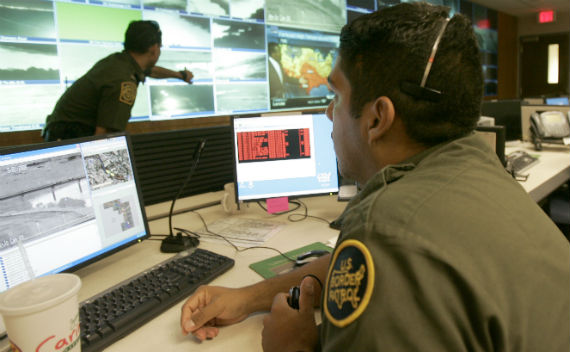Read of the Week: SBInet and Failed Border Technologies
More on:

The U.S. Government Accountability Office (GAO) released a detailed report last week that criticizes attempts to patrol the Arizona-Mexico border using high-cost technologies.
The report comes ten months after the cancellation of SBInet, Boeing’s “virtual” fence project that started in November 2005 and eventually cost the United States over one billion dollars. While the project in theory required less manpower and provided 24/7 patrols of the border using surveillance towers and software platforms, in practice the results were dismal. Criticism of SBInet ranged from outright technological failures, to poor oversight, to few measurable success metrics.
Although the Department of Homeland Security ended SBInet’s expansion, the GAO report makes clear that the broader emphasis on such technologies has hardly waned. The flawed SBInet system will actually continue to operate along 53 miles of Arizona’s 387-mile border with Mexico, and Customs and Border Patrol (CBP) estimates spending $36 million dollars to continue that project through 2012. The successor to SBInet, the Arizona Border Surveillance Technology Plan, will be a mixture of different surveillance technologies and platforms, with funding requests totaling $427 million over the next two years. The GAO report indicates that the new systems also lack quantifiable metrics or thorough cost-benefit analyses; some of the same problems that plagued SBInet.
To many, “virtual” fence technologies seem like an answer to immigration issues along the U.S.-Mexico border. But, like other attempts to wall-off Mexico from U.S. border states, they simply haven’t worked.
More on:
 Online Store
Online Store